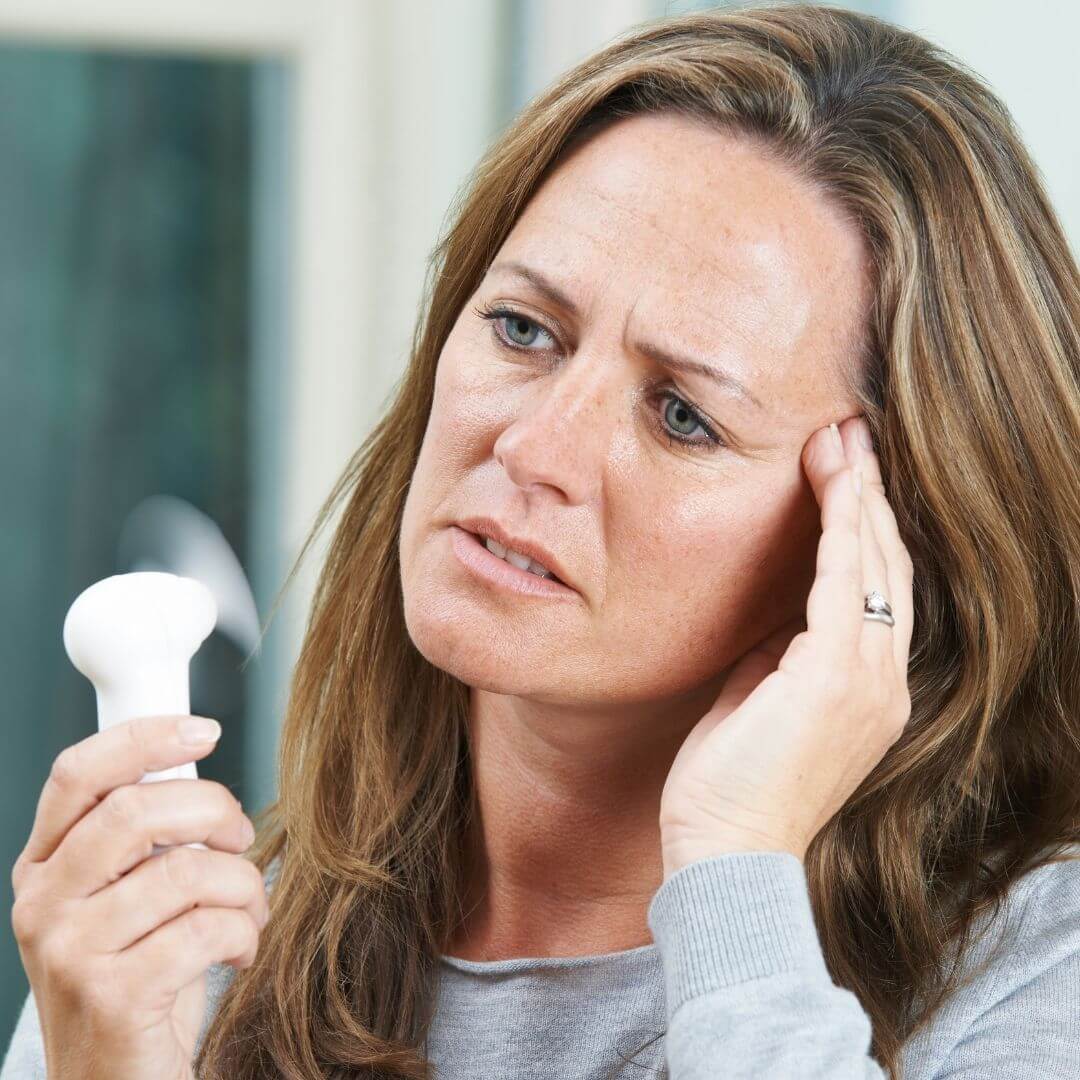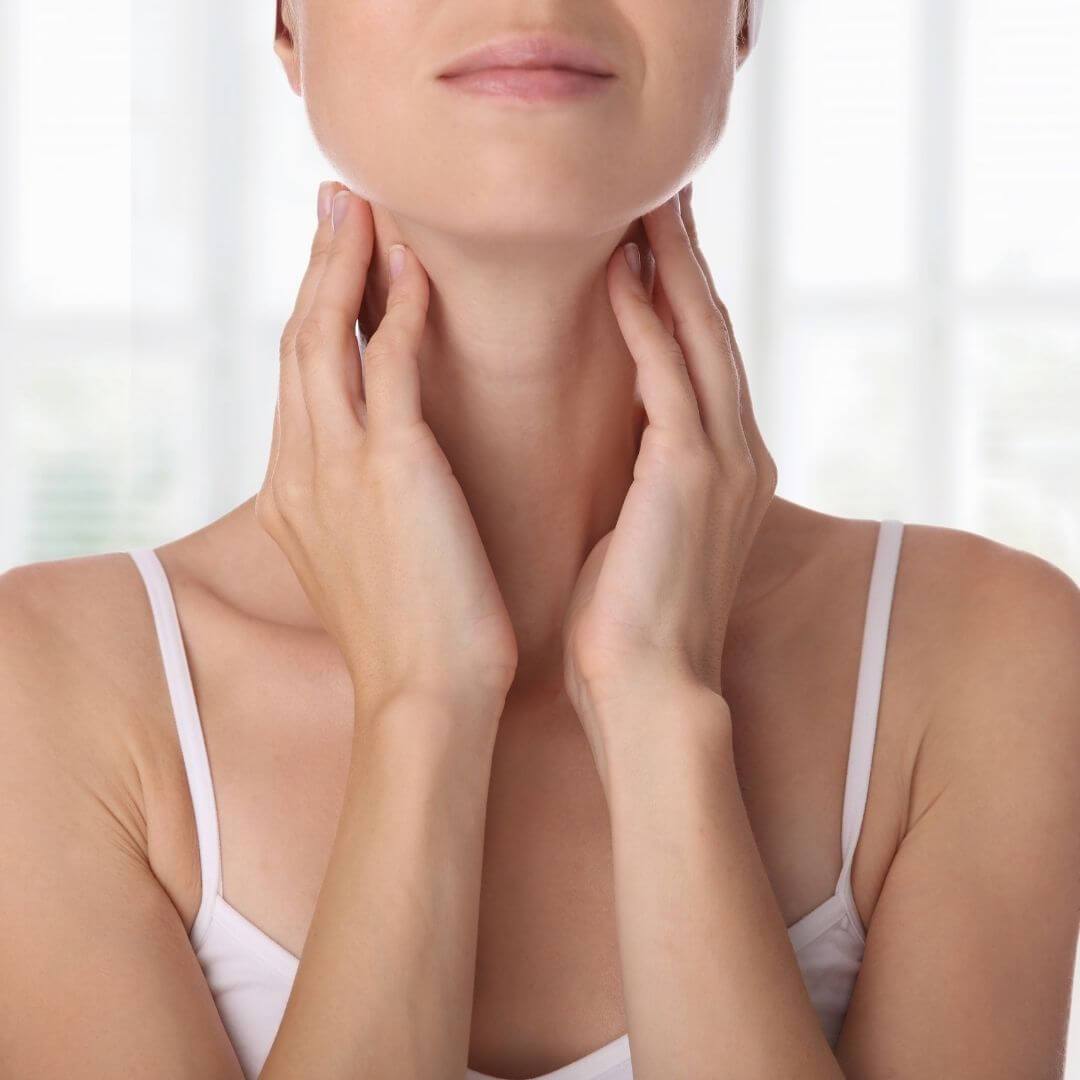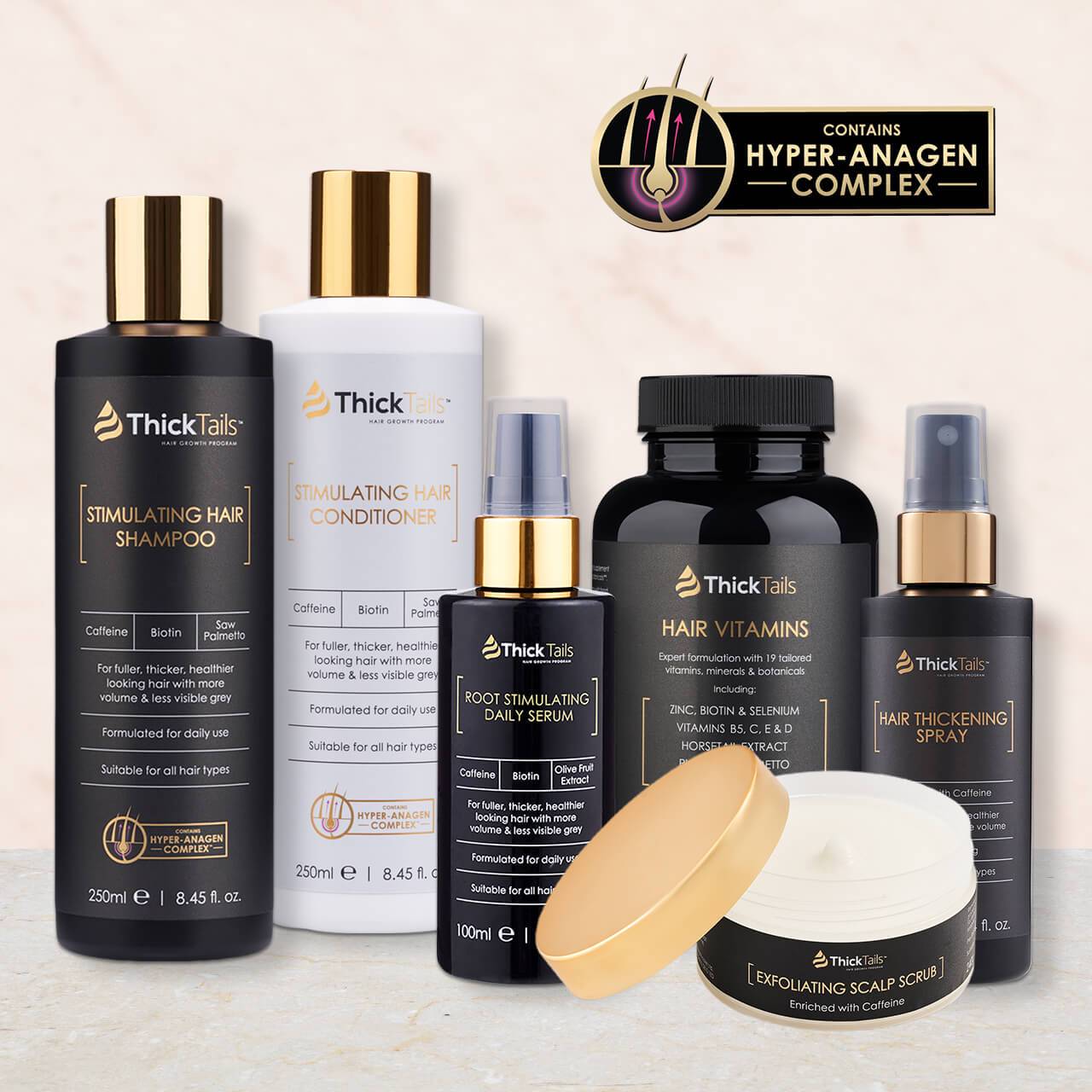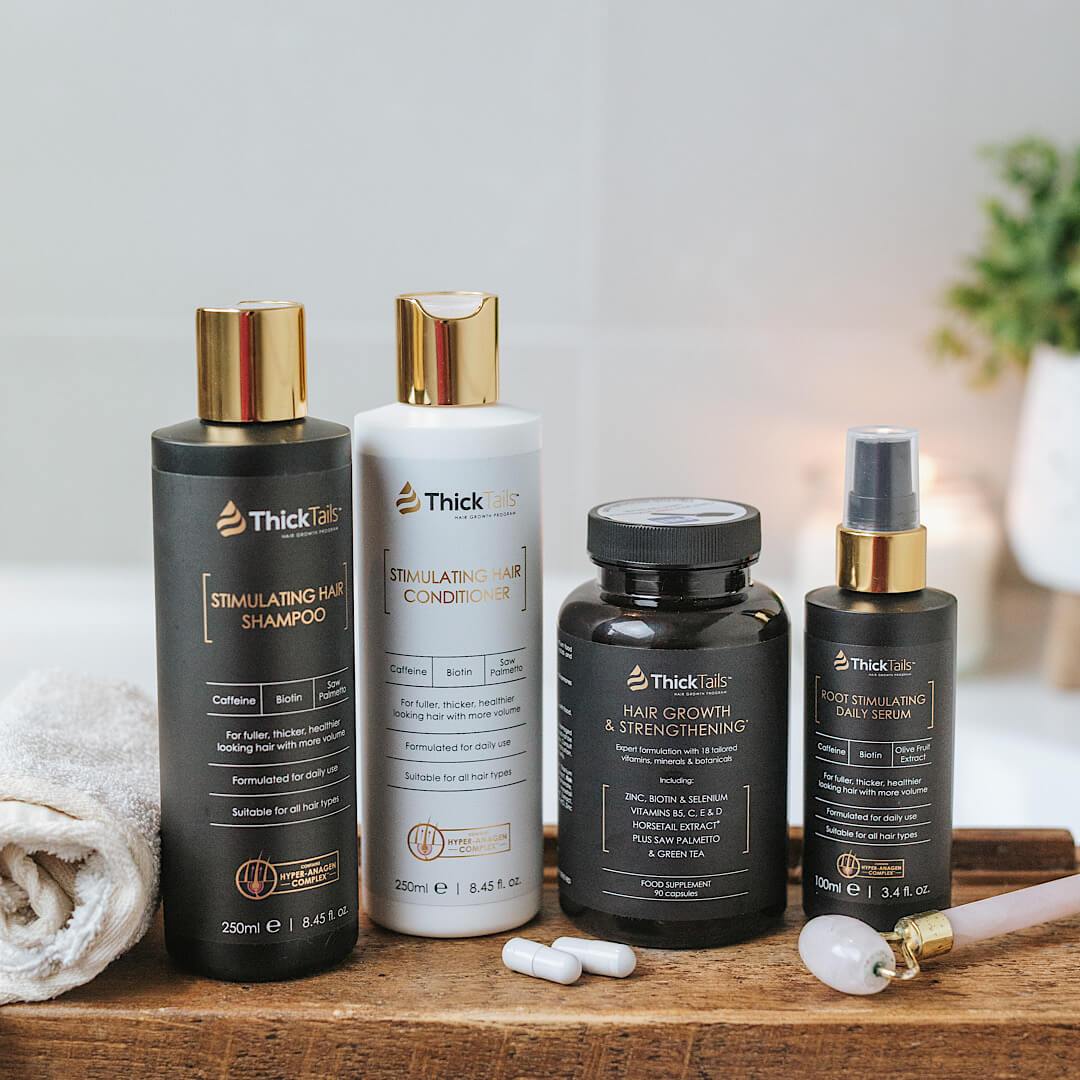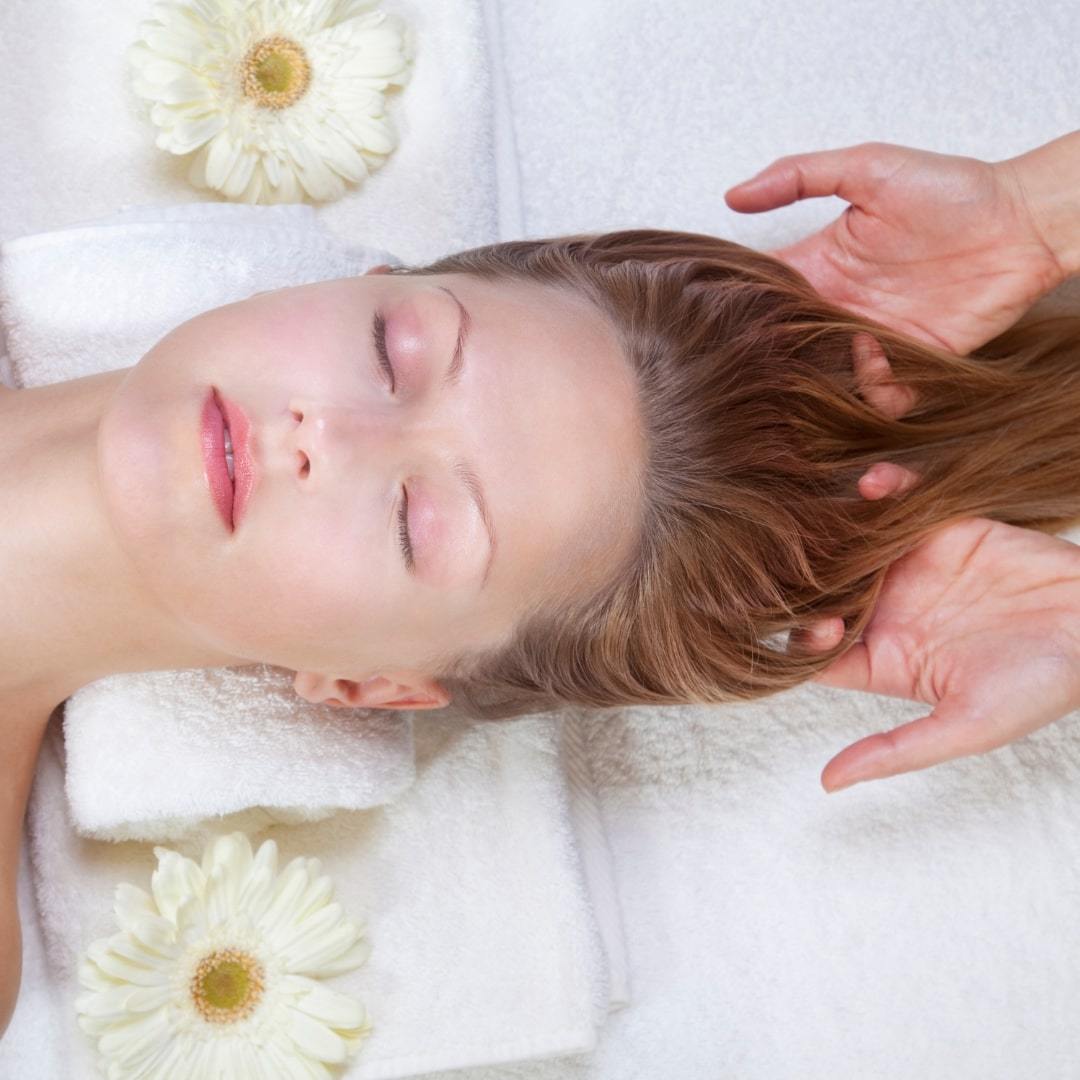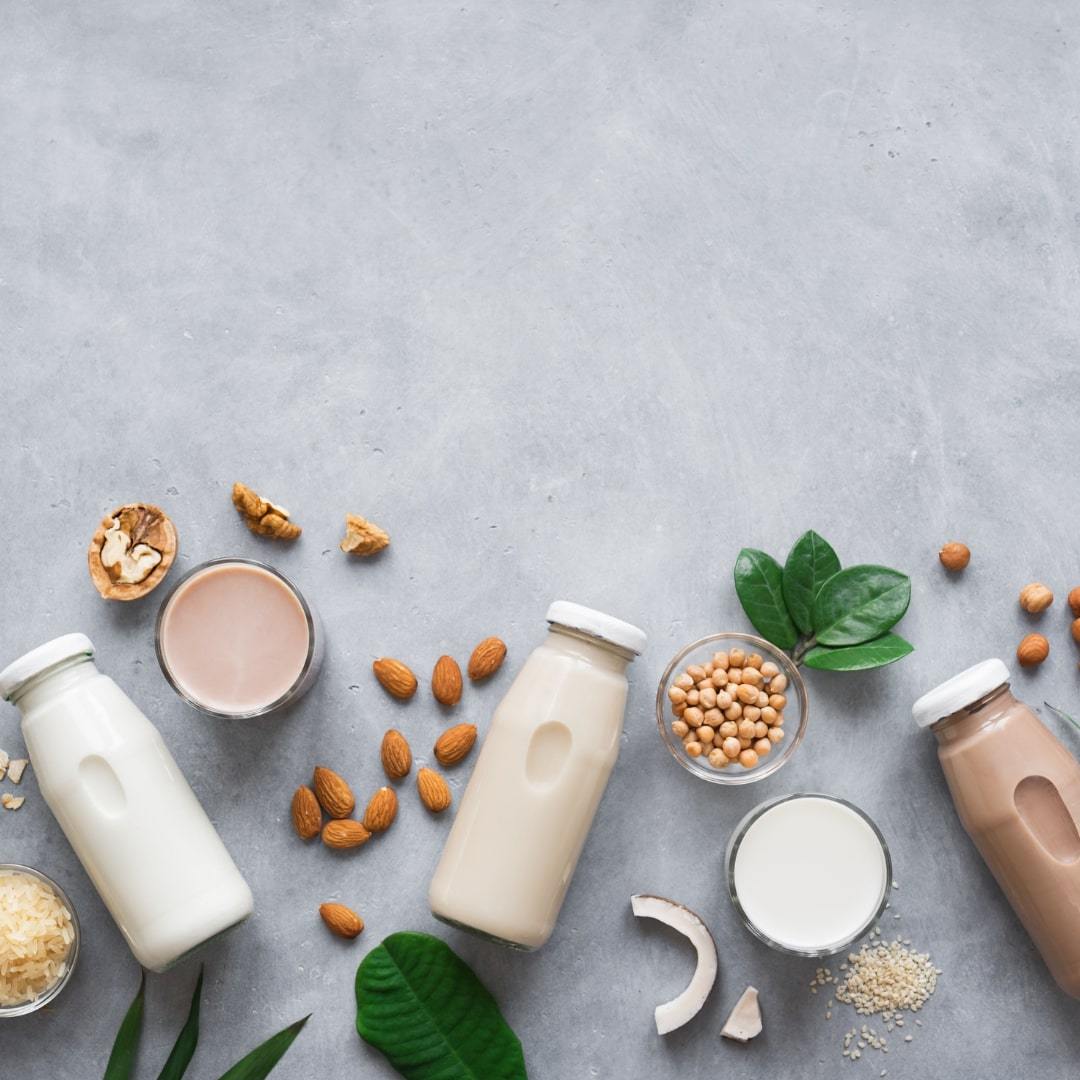In a world that constantly shifts the goalposts of fashion and personal grooming, men too find themselves navigating a sea of hair problems unique to their gender. From hereditary balding to uncomfortable scalp conditions, the struggles of male hair care are as varied as they are numerous. This comprehensive guide is designed to bring clarity and solutions to the complex world of men's hair health. We'll start by identifying the most common hair problems plaguing men and then explore the best methods to tackle them head-on, ensuring that every strand of hair is given the care and attention it deserves.
I. Common Hair Problems Faced by Men

Here, we catalog the range of typical hair issues that can affect men, from the irritating to the confidence-shaking.
Hair Loss: Types, Causes, and Treatment Options
Types of Hair Loss
There are several types of hair loss that predominantly affect men:
- Male Pattern Baldness (Androgenetic Alopecia): A hereditary condition characterized by a receding hairline and baldness on the crown.
- Alopecia Areata: An autoimmune disease that causes hair to fall out in small, round patches.
- Telogen Effluvium: A temporary shedding of hair due to significant stress, shock, or a change in hormones.
Potential Causes
The causes of hair loss in men are multifaceted. Genetic predisposition, hormonal imbalances, medical conditions, and even certain medications can play a role. Stress, poor diet, and neglecting hair care can also exacerbate the issue.
Treatment Options
Numerous treatments for hair loss are available to men. These include over-the-counter and prescription medications, such as finasteride and minoxidil, which can slow down loss and even promote regrowth. For advanced cases, surgical interventions like hair transplants may be considered.
Scalp Conditions: Dandruff, Psoriasis, and Seborrheic Dermatitis
In addressing the diverse hair problems men face, the role of quality hair care products cannot be overstated. Effective shampoo and conditioner formulations are pivotal in managing conditions such as dandruff, psoriasis, and seborrheic dermatitis. These products help to cleanse the scalp, remove build-up, and hydrate both hair and scalp. Furthermore, the addition of a hair serum to a man's grooming routine can offer targeted solutions, such as enhancing hair growth, strengthening hair strands, and adding a healthy shine. For men tackling hair loss or scalp issues, selecting the right shampoo, conditioner, and hair serum can make a significant difference in the health and appearance of their hair.
Understanding Scalp Conditions
Scalp conditions refer to disorders that cause discomfort and flaking of the skin. They can be genetic or occur due to various factors like stress and environmental triggers.
Dandruff
A common problem for many men, dandruff is characterized by white or yellow flakes on the scalp and in the hair, often accompanied by itching. It can vary in severity from mild to quite troublesome.
Psoriasis
Psoriasis produces red, scaly patches on the skin that can be concentrated on the scalp. It's an inflammatory condition believed to be caused by the immune system.
Seborrheic Dermatitis
This condition is related to both dandruff and psoriasis and is typically more severe and long-lasting. It can cause redness, greasy scales, and yellow crusts on the scalp.
Management and Treatment
While many scalp conditions are chronic and require ongoing management, various over-the-counter and prescription shampoos and creams can provide relief and control symptoms. It's also important to identify triggers and manage stress levels, as these can play a significant role in flare-ups.
Styling Challenges: Thin Hair, Frizz, and Unmanageable Texture
Men often struggle with styling their hair, especially when it feels thin, frizzy, or difficult to manage.
Thin Hair Solutions
For men with fine or thinning hair, certain haircuts and styling techniques can create the appearance of volume. Additionally, using volumizing shampoos and styling products can help lift and plump the strands.
Frizz Management
Frizz is often a result of dry or damaged hair. Using a good-quality conditioner and moisturizing styling products, such as serums, can help reduce frizz and improve manageability.
Unmanageable Texture
Some men have hair with a naturally unruly texture. Regular trims, conditioning treatments, and using specialized styling products for the hair's natural texture can make a significant difference in taming the mane.
Midst all these hair woes, remember, every problem comes with a set of effective solutions tailored to address them. Whether it's selecting the right product or adopting a new hair care routine, the secret lies in understanding your own type of hair and the intricacies of the issue at hand. Men's hair care should be as individualized and personalized as their own fingerprints.
II. Solutions and Tips for Men's Hair Care
Now that we've uncovered the challenges men often face with their hair, it's time to explore viable solutions that can help restore vitality and confidence.
Choosing the Right Products: Shampoos, Conditioners, and Styling Aids
Selecting the right hair care products is the foundation of an effective routine.
- Shampoos: Look for shampoos that are free from harsh sulfates and cater to your specific hair concerns, whether it's for volume, anti-dandruff, or color-treated hair.
- Conditioners: A quality conditioner can nourish and protect your hair. Men with longer hair should especially make it a point to use a good conditioner to prevent dryness and breakage.
- Styling Aids: From gels to waxes, the market is teeming with various styling products designed to hold your style in place while also addressing specific issues like frizz or lack of volume.
Hair Care Routines: Daily Maintenance and Special Treatments
Establishing a consistent hair care routine is critical for maintaining healthy hair.
- Daily Maintenance: Washing your hair with the right shampoo and conditioning regularly will keep your hair clean, moisturized, and free from tangles.
- Special Treatments: Occasionally treating your hair to a deep conditioning mask or hot oil treatment can provide a surge of moisture and nutrients, particularly beneficial for those with dry or damaged hair.
Professional Help: Visiting a Dermatologist or Trichologist for Hair Concerns
Sometimes, home remedies and store-bought products may not be powerful enough to tackle severe hair issues. In such cases, seeking the expertise of a dermatologist or trichologist is essential.
- Dermatologist: Medical doctors specializing in conditions of the skin, including the scalp. They can diagnose and prescribe treatments for a wide range of hair problems.
- Trichologist: Trichologists are specialists primarily focused on the health of the hair and scalp. They can provide expert advice and treatments for a variety of hair-related issues.
Remember, it's always best to consult with a professional before undergoing any significant changes to your hair care routine, especially if you're unsure about the actual nature of your hair problem.
III. Styling and Grooming Tips for Men

Styling and grooming are the visible results of your hair care efforts. They showcase your personality and attention to detail, and communicate volumes about who you are.
Hair Styling Techniques: Best Practices for Different Hair Types
Your hair's texture and natural shape greatly influence how easily you can style it.
- For Straight Hair: Straight hair is often simple to style and can benefit from shorter cuts that require minimal maintenance.
- For Curly Hair: Curly hair requires hydration to maintain its shape. Use products that define curls and prevent frizz.
- For Wavy Hair: Wavy hair can be styled with a variety of products and techniques. It's important to find a good balance to avoid making the hair look too heavy or too fluffy.
Beard Care: Maintenance Tips for a Healthy and Well-Groomed Beard
Just as the hair on your head requires care, so does the hair on your face. Proper beard care can transform a good beard into a great one.
- Washing: Regularly washing your beard with a gentle shampoo helps to keep it clean and free from debris.
- Moisturizing: Beard oils and balms can keep your facial hair and the skin underneath it hydrated, soft, and free from flaking.
- Trimming: Regular trimming ensures that your beard maintains its shape and doesn't become unruly. Use quality beard scissors or a trimmer for the best results.
Lifestyle Factors: How Diet, Exercise, and Stress Impact Hair Health
Often overlooked, your lifestyle can have a significant impact on the condition of your hair.
- Healthy Diet: Consuming a balanced diet rich in essential nutrients like protein, vitamins, and minerals is crucial for strong, healthy hair growth.
- Regular Exercise: Exercise improves circulation, which can benefit the scalp and hair follicles. It's also a great way to relieve stress, which is a common cause of hair loss.
- Stress Management: High levels of stress can lead to hair loss, so finding effective ways to manage stress is integral to men's hair care.
Incorporating these tips into your daily routine will not only benefit the health of your hair but will also enhance your overall well-being. Remember, your hair is an extension of your identity – cherish it, care for it, and allow it to reflect the best version of you. If in doubt, don't hesitate to reach out for professional advice. Your hair – and by extension, your confidence – is worth the investment of your time and attention.

